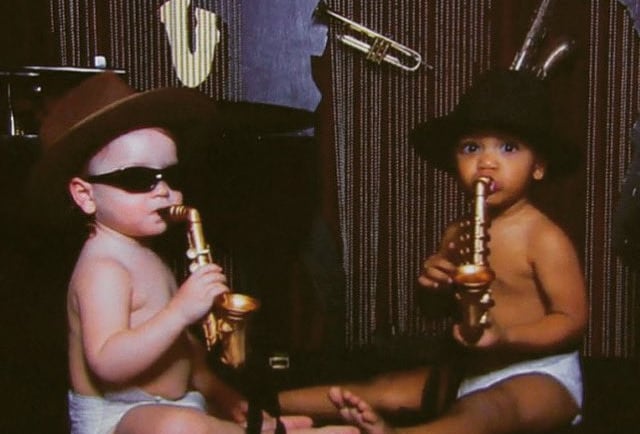Quit trying to hire Talent
Exploring the myth of talent, this article delves into the true nature of skill and creativity, emphasizing the importance of practice and dedication over inherent ability.
NEUROSCIENCEPHILOSOPHYEDUCATIONCORPORATIONS
Jared Lukes
6/26/20242 min read


The Dual Paradigms of Talent
Talent is a concept that's both fascinating and frustratingly misunderstood. On the one hand, we have neurogenetics – the idea that creativity and certain abilities are ingrained in our DNA. On the other, there's neuroplasticity – our brain's ability to learn and adapt through experience and practice. As someone who's mulled over these concepts since childhood and well into my late forties, I find myself questioning the very existence of what we commonly refer to as talent.
Creativity: A Bend in the Mind
When I think about creativity, I often see it as a form of mental divergence, if not outright illness. This isn’t to belittle creativity but to acknowledge that it’s not exactly a straight path, nor does it imply success. Creativity often feels like a bend in the mind, a deviation from the norm. Neurogenetics might play a part, but I believe creativity is more about an overactive mind constantly seeking new ways to express and entertain itself, lest it gets stuck in a loop of monotonous reruns.
The Skill Behind the "Talent"
Growing up, I was surrounded by friends who were labeled as talented. However, upon closer observation, I noticed the immense amount of practice and skill development behind their so-called talent. Books like "Outliers" support the theory that what we often label as talent is actually the result of thousands of hours of dedicated practice. This is particularly harmful to children, who might shy away from pursuing interests if they feel they lack an innate talent.
Misconceptions in the Professional World
In the professional workspace, the confusion between talent and skill persists. I was often thought to have a natural talent for computers, but the truth is, I spent countless hours at home, immersed in books and learning, long before the days of Google. My overactive mind, potentially a result of mental illness, drove my creative approach to projects and fueled my learning. This journey wasn’t about inherent talent; it was about relentless dedication and practice.
Neurodiversity and Creativity
Our understanding of talent needs to evolve. Neurodiversity means that some minds are more prone to creativity (bending reality), not because of an inherent gift but due to their unique mental processes. Skills in areas like math, spelling, or playing musical instruments aren’t magical endowments but the result of repeated practice and effort. The concept of hardware and software in the brain further supports this – we must continuously program our minds through learning and adaptation.
The Danger of the Talent Label
Labeling someone as talented can undermine the hard work and dedication they’ve invested in developing their skills. Instead of marveling at someone’s supposed innate abilities, we should ask about the journey and effort that led to their expertise. This shift in perspective not only respects their hard work but also encourages others to pursue their passions without the intimidating barrier of the "talent" myth.
Practical Skills and Genetic Potential
Consider practical examples: a child may seem like a prodigy at playing the saxophone, but without practice, even the most genetically predisposed individual won’t excel. Similarly, someone with webbed feet might have an advantage in swimming, but technique and training can enable a non-webbed swimmer to outpace them. It’s the combination of genetic potential and dedicated practice that truly defines excellence.
